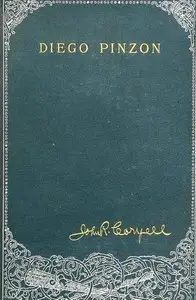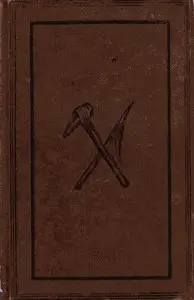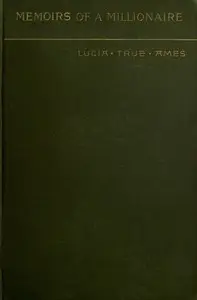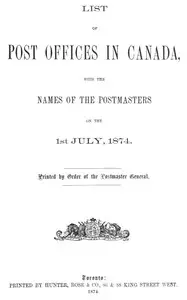"Cottage Economy; to Which is Added The Poor Man's Friend" by William Cobbett is a practical manual on domestic management and self-sufficiency written in the early 19th century. The book aims to provide valuable guidance to laboring families, covering topics such as brewing beer, making bread, and raising livestock, all intended to help readers cultivate a sense of autonomy and improve their livelihoods. Cobbett argues for a return to traditional practices that enable families to meet their basic needs effectively and efficiently. The opening of the work establishes the premise of self-reliance and critiques contemporary societal norms surrounding labor and poverty. Cobbett introduces the concept of "economy" not as stinginess, but as wise management that contributes to the well-being of families and, by extension, a nation. He emphasizes the importance of producing one's own food, such as brewing home beer as a practical solution against reliance on expensive and inferior commercial options. Cobbett's tone is direct and impassioned, advocating for laborers to reclaim their dignity and rights by taking control of their household economies. (This is an automatically generated summary.)
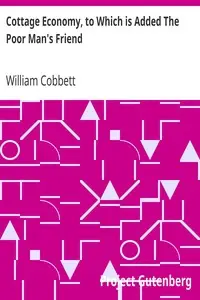
Cottage Economy, to Which is Added The Poor Man's Friend
By William Cobbett
"Cottage Economy; to Which is Added The Poor Man's Friend" by William Cobbett is a practical manual on domestic management and self-sufficiency writte...
William Cobbett was an English pamphleteer, journalist, politician, and farmer born in Farnham, Surrey. He was one of an agrarian faction seeking to reform Parliament, abolish "rotten boroughs", restrain foreign activity, and raise wages, with the goal of easing poverty among farm labourers and small land holders. Cobbett backed lower taxes, saving, reversing commons enclosures and returning to the gold standard. He opposed borough-mongers, sinecurists, bureaucratic "tax-eaters" and stockbrokers. His radicalism furthered the Reform Act 1832 and gained him one of two newly created seats in Parliament for the borough of Oldham. His polemics range from political reform to religion, including Catholic emancipation. His best known book is Rural Rides. He argued against Malthusianism, saying economic betterment could support global population growth.




